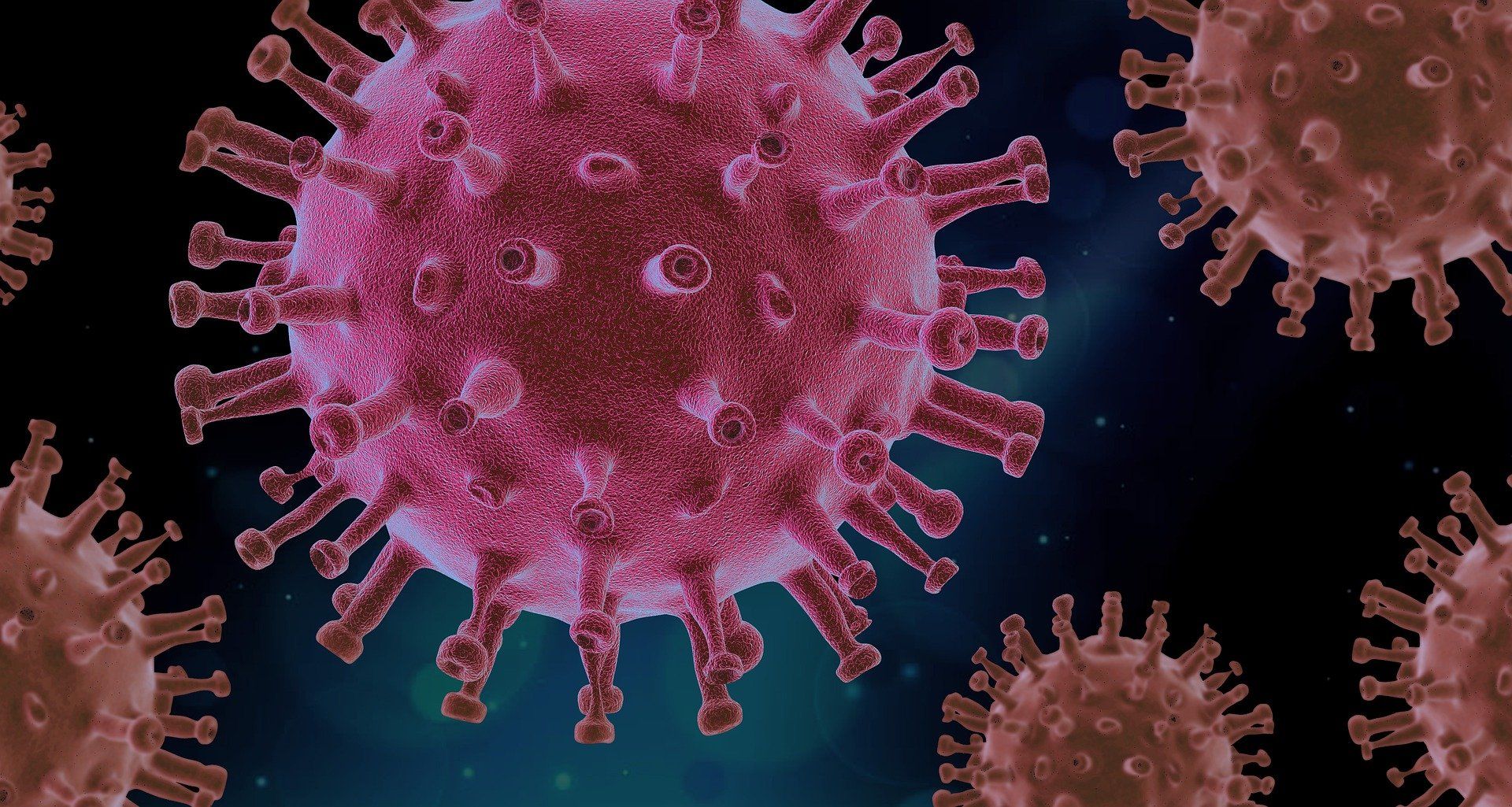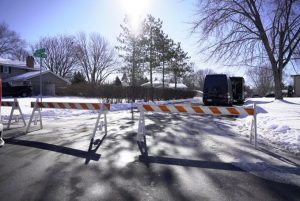The subvariant BA.5 was responsible for nearly 54% of COVID cases in the US, according to the latest data from the Centers for Disease Control and Prevention.
David Montefiori, a professor at the Human Vaccine Institute at Duke University Medical Center, told NBC News that BA.5 is four times more resistant to antibodies from vaccines than BA.2. BA.4, a similar subvariant, accounted for nearly 17% more cases.
The European Medicines Agency’s Marco Cavaleri reportedly said that the BA.4 and BA.5 mutations will likely replace “all other variants by the end of July” and it is expected to become dominant across the continent.
Also Read | Omicron BA.5: Are Americans in danger from new subvariant? Fauci explains
While there is no evidence the variants make people more sick than earlier strains of the virus, “the increase in transmission among older age groups is starting to translate into severe disease,” Cavaleri said.
The UK also saw BA.4 and BA.5 infections to be accountable for the majority of recent COVID cases. The symptoms of the BA.5 variant were said to be runny nose, sore throat, headache, persistent cough and fatigue.
Francois Balloux, the director of the University College London Genetics Institute, said while BA.1 and BA.2 are “pretty different…BA.2, BA.4 and B.5 from a neutralizing antibody perspective are essentially interchangeable.”
Meanwhile, the World Health Organisation last week announced that it has detected a subvariant of the Omicron variant of the COVID-19 virus. The new subvariant, BA.2.75, is circulating in at least 10 countries, including India.
Also Read | Beijing plans to reverse COVID vaccine mandate after pushback: Report
In a video uploaded by the WHO on its official Twitter account, Dr Soumya Swaminathan, chief scientist of the WHO, said that the properties of the variant are yet to be determined and that it is not yet a “variant of concern” – a term that signifies the wide circulation and alerts authorities to take required steps to curb the transmission.
“Our ability to track the variants is dependent on surveillance of the virus, the testing that is taking place, and sequences that are conducted and shared so that scientists across the world can access them. And our ability to track the COVID virus is reducing and that is because surveillance has significantly reduced globally,” WHO official Maria Van Kerkhove explained Tuesday.







